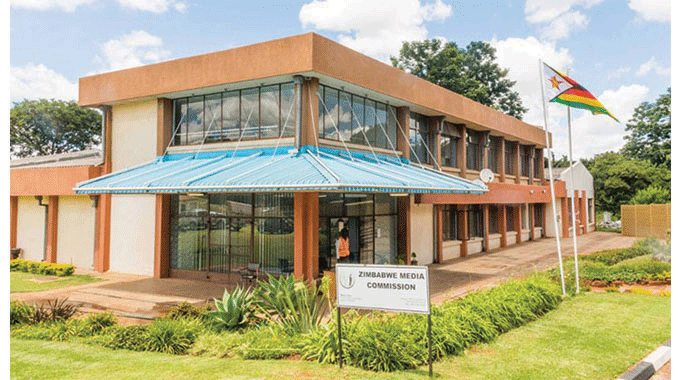
Miriam T Majome THE Freedom of Information Act is one of the most powerful pieces of legislation passed in Zimbabwe in recent times. It was passed in 2020 as one of three Acts that repealed AIPPA. It provides for the constitutional rights of expression and freedom of the media.
That is important but its most powerful feature is the protection of the right of access to information. It recognises that information is power especially in this age of information technology.
Section 62(2) states that every person, including the Zimbabwean media, has the right of access to any information held by any person, including the State, insofar as the information is required for the exercise or protection of a right.
The Act interchangeably makes reference to both “public entities” and just “entities”. Where reference is made to public entities, the definition given in the Public Finance Management Act must be used.
In the Act, a public entity means
(a) any corporate body established by or in terms of any Act for special purposes;
(b) any company in which the State has a controlling interest, whether by virtue of holding or controlling shares therein or by virtue of a right of appointment of members to the controlling body thereof or otherwise, and includes any company which is a subsidiary, as determined in accordance with the Companies and other Business Entities Act
(c) a local authority;
- Chamisa under fire over US$120K donation
- Mavhunga puts DeMbare into Chibuku quarterfinals
- Pension funds bet on Cabora Bassa oilfields
- Councils defy govt fire tender directive
Keep Reading
(d) any partnership or joint venture between the State and any person and which is prescribed by the minister for the purposes of the application of this Act to be a partnership or joint venture;
Where the Act only mentions entities, the definition in the Act must also be used.
The Act defines an “entity” as “ a private entity, public entity, public commercial entity or statutory office’;
The long title does not make reference to public entities. It states the word just as “entities” making it clear that the Act applies to all entities public and private.
Therefore, it is not only public entities that are bound by the Act and legally obliged to be accountable to the public.
That perception is a mistaken one. Even private entities are obliged to account to the public within the scope of the Act.
Other than for the pursuit and exercise of certain rights, the right of access to information is protected if access to information is in the interests of public accountability.
The right can also apply to private entities because the actions and decisions of private entities impact the public.
Private entities cannot be exempt from public accountability because they have obligations and responsibilities to the public and communities within which they operate.
They cannot just be accountable to their shareholders and partners. Their activities impact the environments they operate from and often affect public health and safety among many other considerations. In some communities, the activities of private mining companies and industrial concerns cause environmental degradation and pollution.
Some companies dump waste and discharge hazardous waste into public water bodies. Members of the public and the media have a right to demand and access information that concerns their health and safety.
The public has a right to access information like the environmental and waste disposal policies of private organisations because access to such information is in the interest of public health and safety.
The Act prescribes guidelines and structures for public entities while none are prescribed for private entities.
Every public entity, public commercial entity or holder of a statutory office shall have a written information disclosure policy through which it discloses information in the interests of public accountability or that is required for the exercise or protection of a right.
The Act compels public entities to appoint an information officer whose responsibility is to handle and facilitate the right of access to information for the two prescribed purposes.
Every individual person or organisation and not just the media has the right and freedom to seek, receive and communicate ideas and other information in terms of section 61.
Entities are obliged to grant access to the information sought unless it is within the realms of information that can be lawfully denied.
Access to information can be lawfully denied if the information includes deliberations or functions of the Cabinet and its committees and information that is protected from disclosure in victim-friendly courts.
Access can also be denied for private information such as health records or financial records of third parties without their consent.
The same applies to trade secrets owned by a third party; or financial, commercial, scientific or technical information the disclosure of which would likely cause harm to the commercial or financial interests of that third party.
The Freedom of Information Act establishes mechanisms and procedures to ensure that the right to access information can be enjoyed by every individual and juristic person who needs to.
It provides channels for redressing grievances when the right is denied.
Anyone denied access to information which they are lawfully entitled to has a right to legal recourse.
Aggrieved persons may appeal to the Zimbabwe Media Commission for redress.
The commission has the constitutional mandate to receive, investigate and determine such appeals.
The commission and courts of law have the power to compel any non-compliant entities to grant access to information sought.
- Miriam Tose Majome is a lawyer at Veritas and she writes in her personal capacity.











